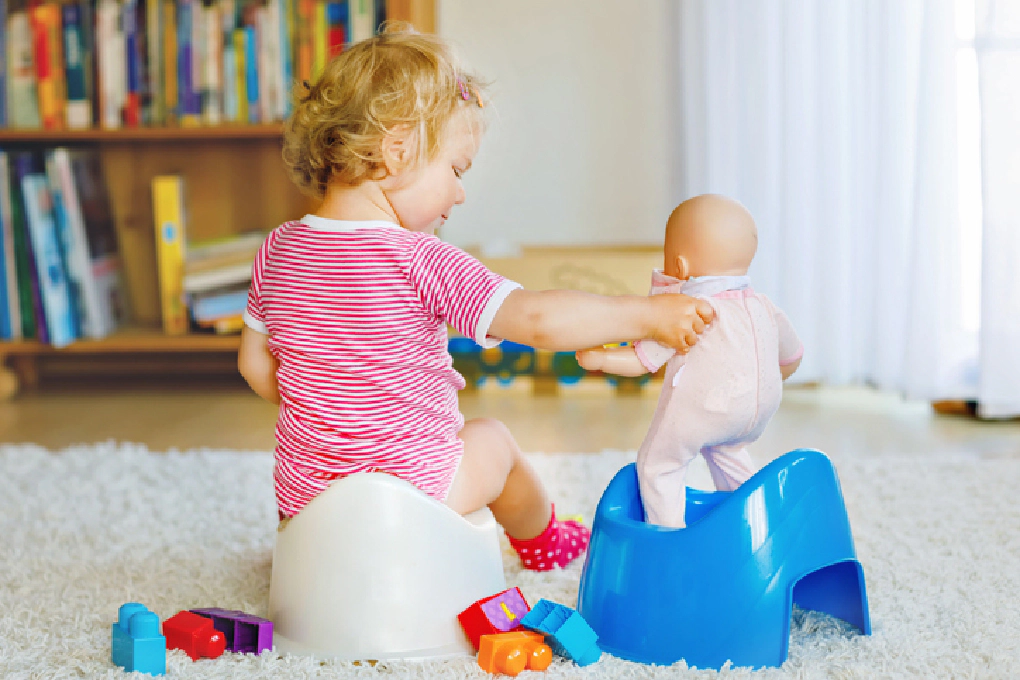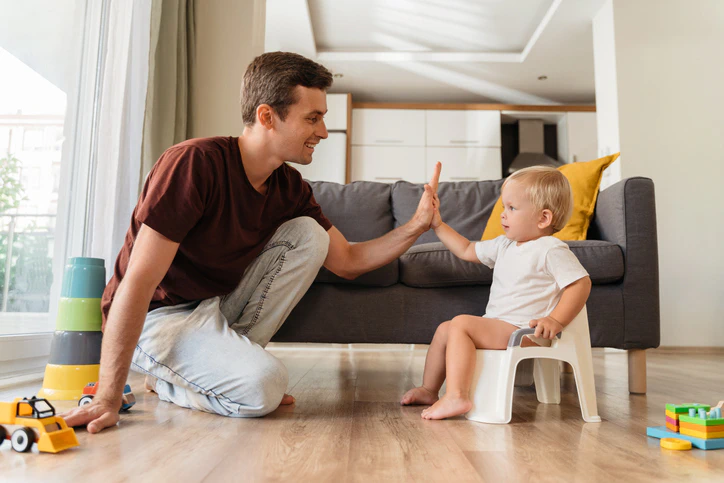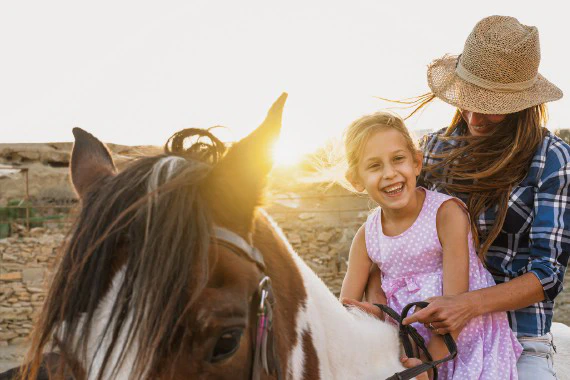
How Much Does Childcare Cost In Pennsylvania?
Raising a family while working is a daunting task on its own — but when childcare bills start to pile up, it can seem …

Potty training is a milestone that every parent looks forward to. It signals the end of diaper days and the start of a new, more independent stage in your child’s development. But for many parents, the prospect of potty training can be intimidating and overwhelming.
The good news is that with a little patience, consistency, and the right approach, potty training doesn’t have to be a difficult or stressful experience for you or your child.

A is for Age:
The first thing to consider when it comes to potty training is your child’s age. While there is no exact age at which all children are ready to be potty trained, most children are ready to start the process between the ages of 18 and 24 months. If your child is younger than 18 months, it’s best to wait until they are a bit older to begin potty training.
B is for Basics:
Before you start potty training, it’s important to have the right tools and equipment on hand. This typically includes a potty chair or seat that fits securely on top of the regular toilet, as well as training pants or underwear that are easy for your child to pull up and down. You’ll also want to have plenty of wipes and a small trash can nearby for easy clean-up.
C is for Communication:
Communication is key when it comes to potty training. It’s important to talk to your child about what to expect and what is expected of them during the potty training process. This can include explaining what the potty is for, how to use it, and what to do when they have to go.
It’s also a good idea to encourage your child to let you know when they have to go to the bathroom. This can be as simple as asking them if they need to go before leaving the house or after waking up from a nap.
With the right tools, communication, encouragement, and approach, potty training can be a smooth and stress-free process. Remember to take things slow and be patient, and don’t hesitate to seek help if you need it. With a little time and effort, your child will be well on their way to successful potty training.
And speaking of success, did you know that Upwards helps employers offer their employees childcare benefits? Want to hear more?

Raising a family while working is a daunting task on its own — but when childcare bills start to pile up, it can seem …

As we all know, childcare costs continue to rise. Check out our guides on the average cost of childcare in Texas and …